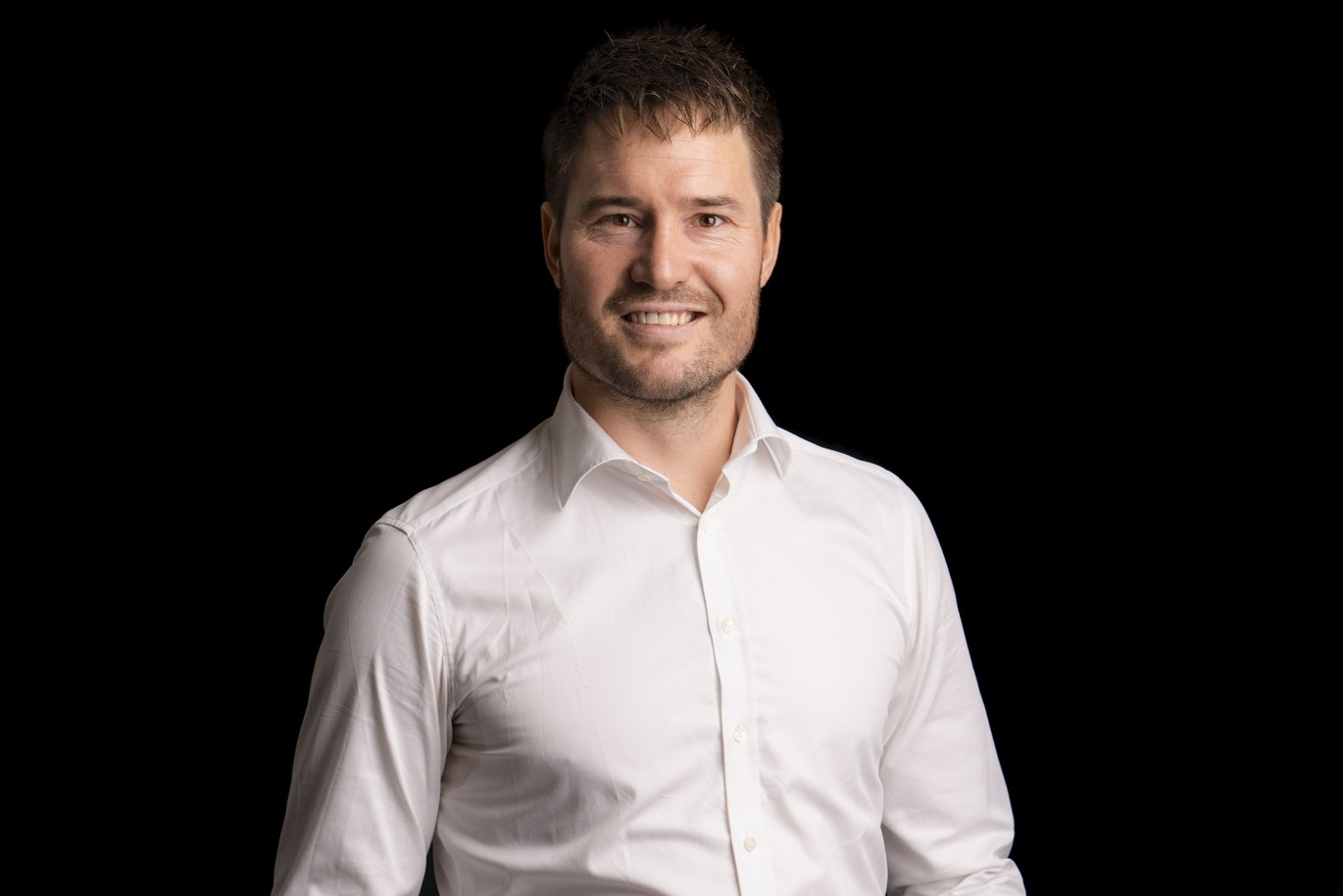Sapere Aude grant for Henrik Bech Seeberg
Associate professor of political science Henrik Bech Seeberg receives a Sapere Aude research leader grant from the Independent Research Fund Denmark of 6.2 million to examine the power of political youth wings.

“It feels like a huge responsibility and privilege to become part of the exclusive Sapere Aude research programme. I am generously given the resources and time to lead a strong, international team to tackle a major research question and take my research agenda to the next level. At the same time, the acknowledgement I gain from being a member of the flagship Sapere Aude research programme will vastly expand my international research career,” says associate professor of political science Henrik Bech Seeberg. With his new Sapere Aude research leader grant from the Independent Research Fund Denmark, he is to lead the project YOUTHPOL.
His plan is to hire a team consisting of one postdoc, one PhD student and one research assistant and investigate the power of youth wings together. According to Henrik Bech Seeberg, this research agenda is important because youth wings are often considered peripheral for policy-making, as we do not know to what extent and under what conditions youth wings influence their parent parties’ policy positions and priorities.
“My project offers a much-needed critical assessment of a central nerve in our representative democracy, namely youth representation. Contemporary political parties are losing ground in society due to withering membership rates and a decrease in loyal voters and public trust in politicians,” says Henrik Bech Seeberg and continues:
“As we speak, tomorrow’s voters, party members and political leaders are hatching, and the question is whether political parties succeed in including young voters and giving them a voice? It is extremely difficult to demonstrate influence and power, but we will nevertheless give it a go.”
He will do so with the help of advanced statistical analyses of the political footprints of youth wings over time in five European countries as well as through surveys and an elite field experiment conducted among Danish local politicians.
“My approach holds the promise of a scientific breakthrough by showing entirely new ways to document power and influence in political parties,” Henrik Bech Seeberg concludes.